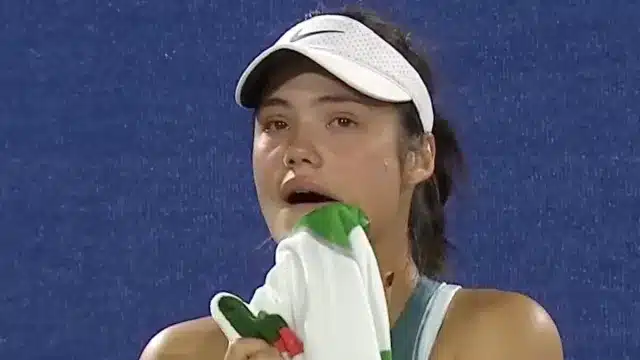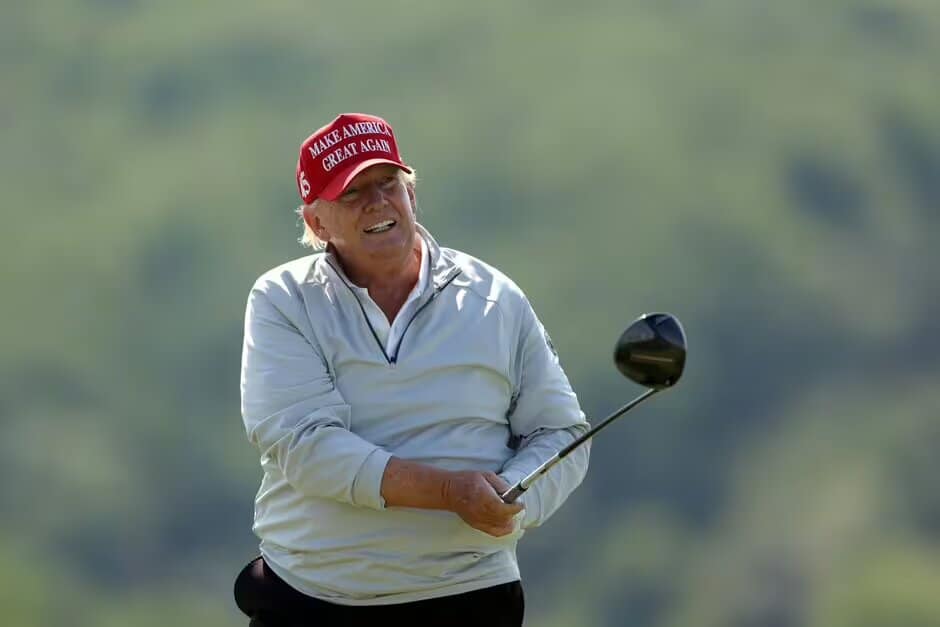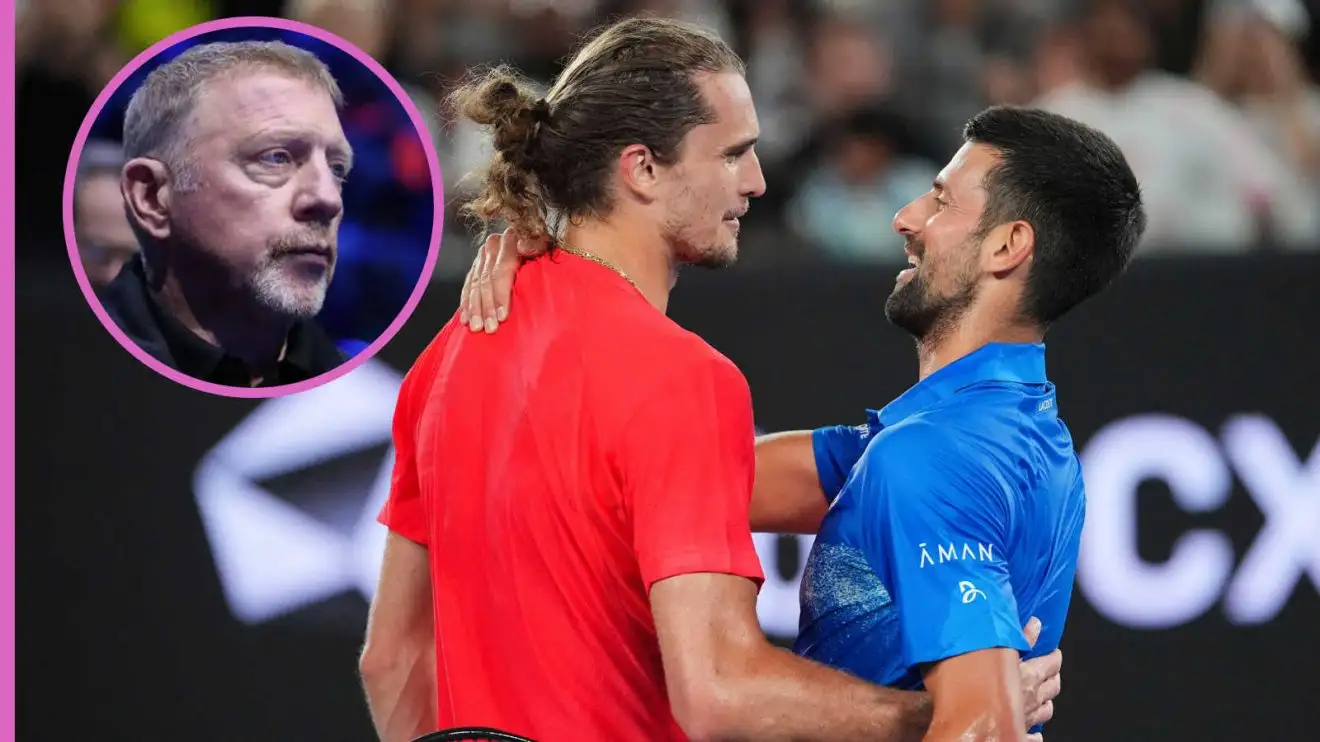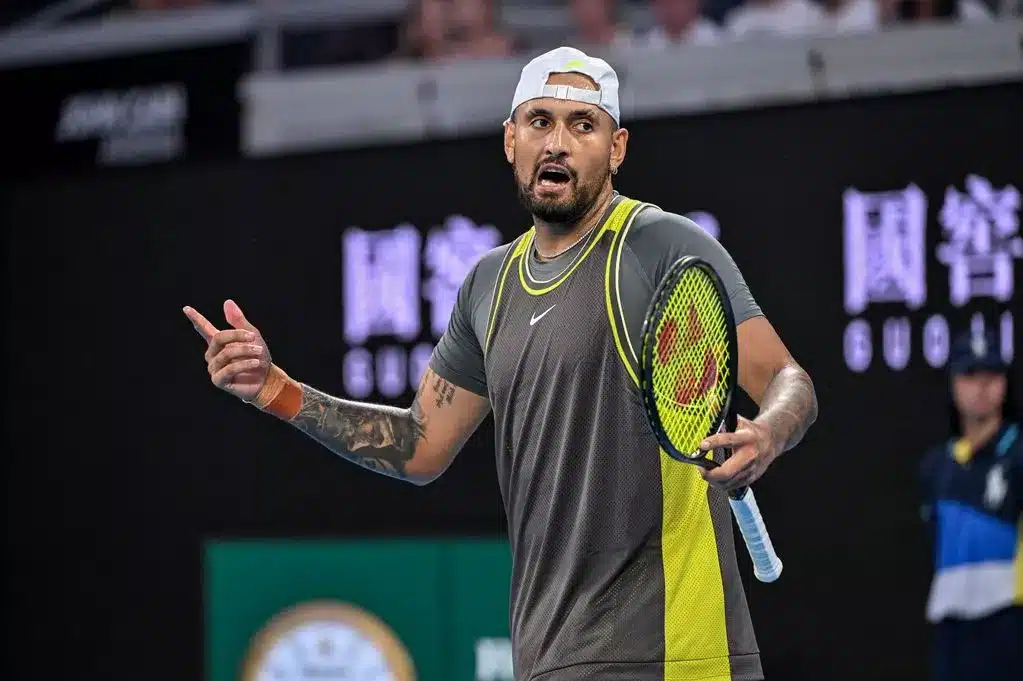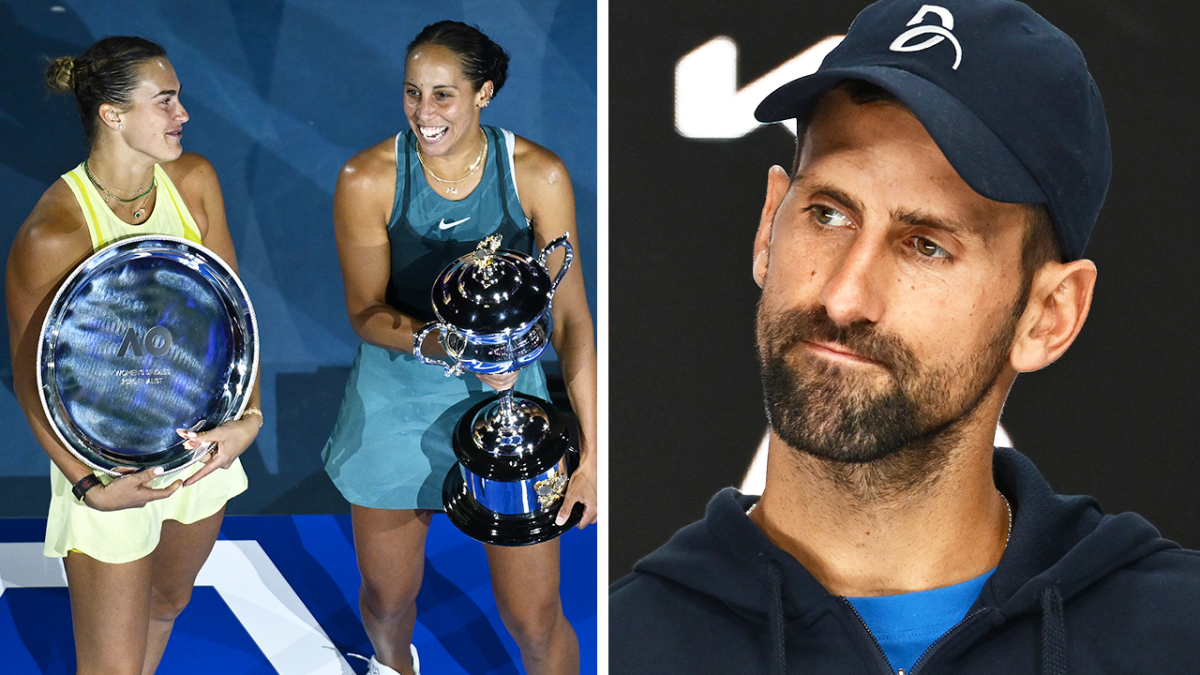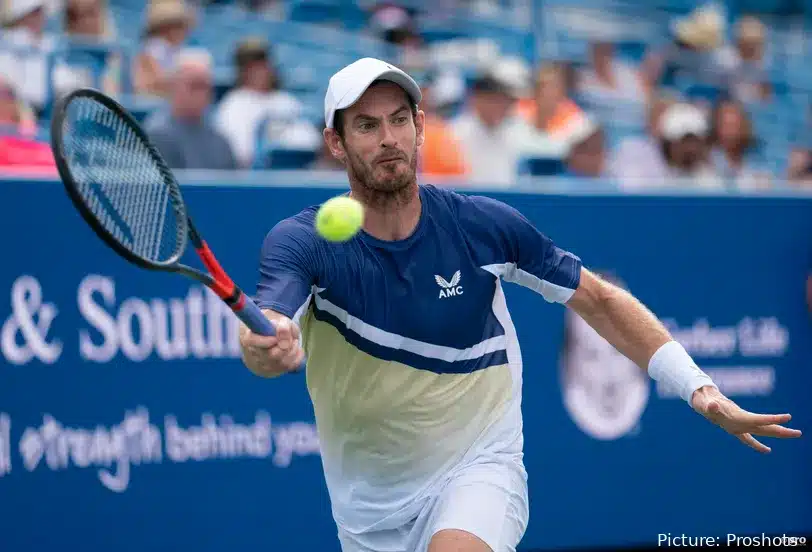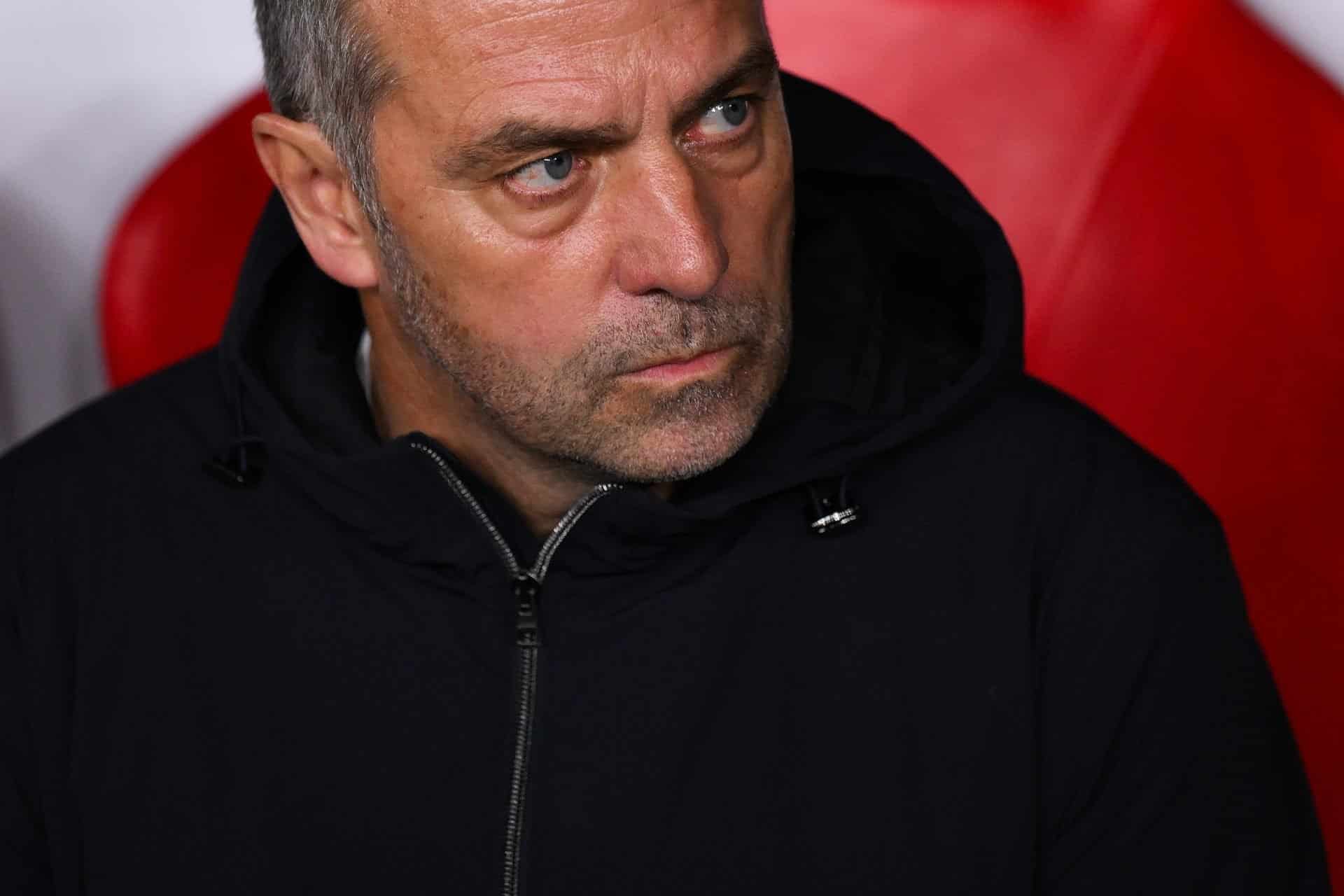Tennis officials have barred a “fixated” man from attending any future events after a distressing incident involving Emma Raducanu in Dubai.
Raducanu, 22, was confronted by the man in public on Monday, and he was later seen at her match against Karolina Muchova the following day. The British star, visibly shaken, alerted the umpire just two games into the match. Overcome with emotion, she struggled to control her breathing and was reduced to tears.
“This individual was identified in the first few rows… …and subsequently ejected,” a WTA statement said.
“He will be banned from all WTA events pending a threat assessment. Player safety is our top priority, and tournaments are advised on security best practices for international sporting events.
“The WTA is actively working with Emma and her team to ensure her well-being and provide any necessary support.
“We remain committed to collaborating with tournaments and their security teams worldwide to maintain a safe environment for all players.”
Raducanu was visibly shaken by the incident, seeking refuge behind the umpire’s chair as she sobbed and struggled to steady her breathing. Her opponent, Karolina Muchova, approached to console her, and Raducanu took a moment to sit down and wipe away her tears before resuming play.
Despite attempting to regain her composure, covering her head with a towel during changeovers to focus on her breathing, Raducanu fell in a tightly contested match, losing 7-6, 6-4.
The British No. 2 has previously faced similar distressing experiences, including being stalked by Amrit Magar, 35, who visited her South London home multiple times, leaving unwanted gifts and stealing items from her porch. Raducanu admitted the ordeal left her feeling unsafe and apprehensive about going out. Magar was issued a five-year restraining order and an 18-month community order by Bromley Magistrates Court in February 2022.
In Dubai, after the man was removed from the match, Raducanu initially struggled, losing the first four games before mounting a comeback to force a first-set tiebreak. She even held a set point, but 14th-seeded Muchova raised her level at crucial moments, overturning a 5-2 deficit in the breaker to claim the set. The Czech secured an early break in the second set and went on to seal victory after two hours and seven minutes, with the match concluding at midnight due to rain delays.

